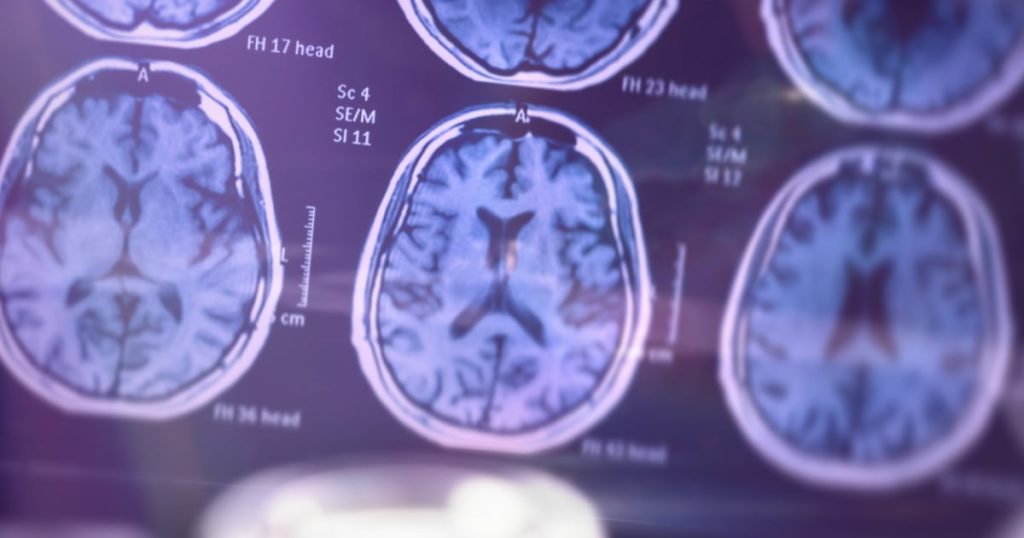New blood tests are being developed to help doctors diagnose Alzheimer’s disease more quickly and accurately. Currently, diagnosing Alzheimer’s involves confirming the buildup of a protein called beta-amyloid, which is done through brain scans or spinal taps. However, new blood tests are being developed that can detect signs of Alzheimer’s in blood samples, making the diagnostic process easier and less invasive. These tests are not widely used yet, as there is limited data and insurance coverage available for them.
The demand for earlier diagnosis of Alzheimer’s is increasing as the disease affects millions of people worldwide. New drugs like Leqembi and Kisunla can slow the progression of Alzheimer’s symptoms by removing amyloid from the brain, but they are most effective in the early stages of the disease. Currently, diagnosing Alzheimer’s can be challenging, even for specialists, as tests may come back negative for patients with symptoms of the disease.
A recent study conducted in Sweden with 1,200 patients showed that blood tests for Alzheimer’s can be accurate in real-world settings, especially for primary care doctors who see more patients with memory problems than specialists. The study found that blood tests were more accurate than traditional exams performed by doctors. The most effective blood tests measure a form of tau protein called p-tau217, which correlates with plaque buildup in the brain, indicating a higher likelihood of Alzheimer’s disease.
The variety of blood tests available for Alzheimer’s diagnosis can be overwhelming, with different tests measuring different biomarkers in various ways. According to experts, doctors and researchers should only use blood tests with a greater than 90% accuracy rate. Tests measuring p-tau217 are currently the most reliable, as they can indicate the likelihood of Alzheimer’s based on tau protein levels. Several companies are developing p-tau217 tests and seeking FDA approval for their use in diagnosing Alzheimer’s.
The Alzheimer’s Association is working on guidelines for the proper use of blood tests for Alzheimer’s diagnosis. Currently, the tests should only be used by doctors for patients with memory problems, after ensuring the accuracy of the test being ordered. Primary care doctors could benefit greatly from using blood tests for Alzheimer’s diagnosis, as it can help in determining which patients should be referred to memory specialists for further evaluation. The tests are not recommended for individuals without symptoms but with a family history of Alzheimer’s unless they are part of research studies.
It is important to note that amyloid buildup can begin years before the first signs of memory problems, so blood tests for Alzheimer’s are not recommended for those without symptoms. However, ongoing research is testing potential therapies for individuals at high risk of Alzheimer’s, some of which include the use of blood tests. Overall, blood tests for Alzheimer’s have the potential to revolutionize the diagnostic process and help in the early detection of the disease, leading to better outcomes for patients.


